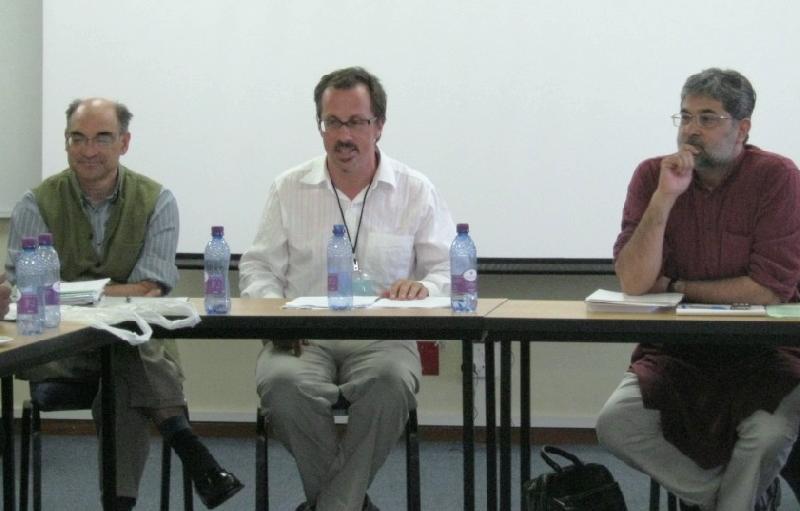
Passionate debate dominated the early afternoon session of the African Institute of Agrarian Studies (AIAS) summer school last week while the Dean of Humanities, Professor Fred Hendricks presented a talk on Proletarianism and Social Reform in South Africa.
Warning attendees that he may make some controversial statements, Prof Hendricks unpacked the various socio-political elements that have created a situation of dispossession in sub-Saharan Africa.
Apartheid and its subsequent segregation created a divide, separating black people from white, despite the fact that many poor whites had experienced similar crises the black people did. The only difference then was that white people were allowed to live in urban areas on a permanent basis. “These factors completely undermined indigenous people,” said Hendricks, “and these ways of dispossession later became laws of dispossession” with migrant labourers becoming the land-holding proletariat.
The residents were only allotted a “minute” patch of land and the function of these reserves acted as a reservoir of labour. Subsequently, the residents started encroaching on the grazing areas - which resulted in the so-called homelands turning into rural slums. The result was that less and less people had access to the land. The effects of this dispossession are far-reaching and are still pertinent to today’s challenges. Yet Hendricks doesn’t believe that a class of peasants exists in South Africa. “The major stratification problem is still black poverty.” He believes that “extraordinary equality requires extraordinary measures. Land is a major marker, a major metaphor of that inequality.” This leads Hendricks to deduce that “there is no agrarian question in South Africa”.
The only solution he proposes is to “create as many forms of subsistence as possible” and progress to small-scale production through small-scale farming. But, he admits, due to how we farm on such a massive scale, this is practically impossible. Taking into consideration that “our minister says 90% of land restitution cases have failed” and that three of the 10 most unequal cities in the world are in South Africa, it is evident that this is a complex matter. “We will only have an agrarian question if that question is understood,” he concluded.
